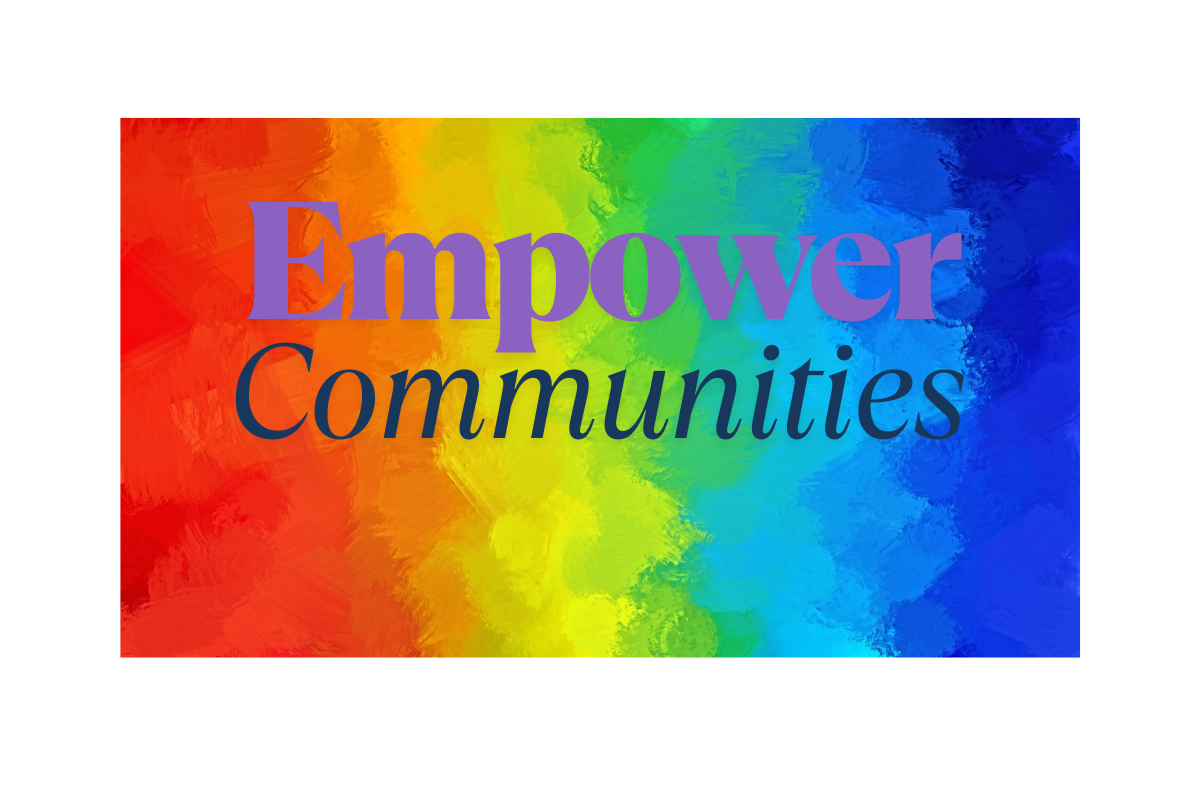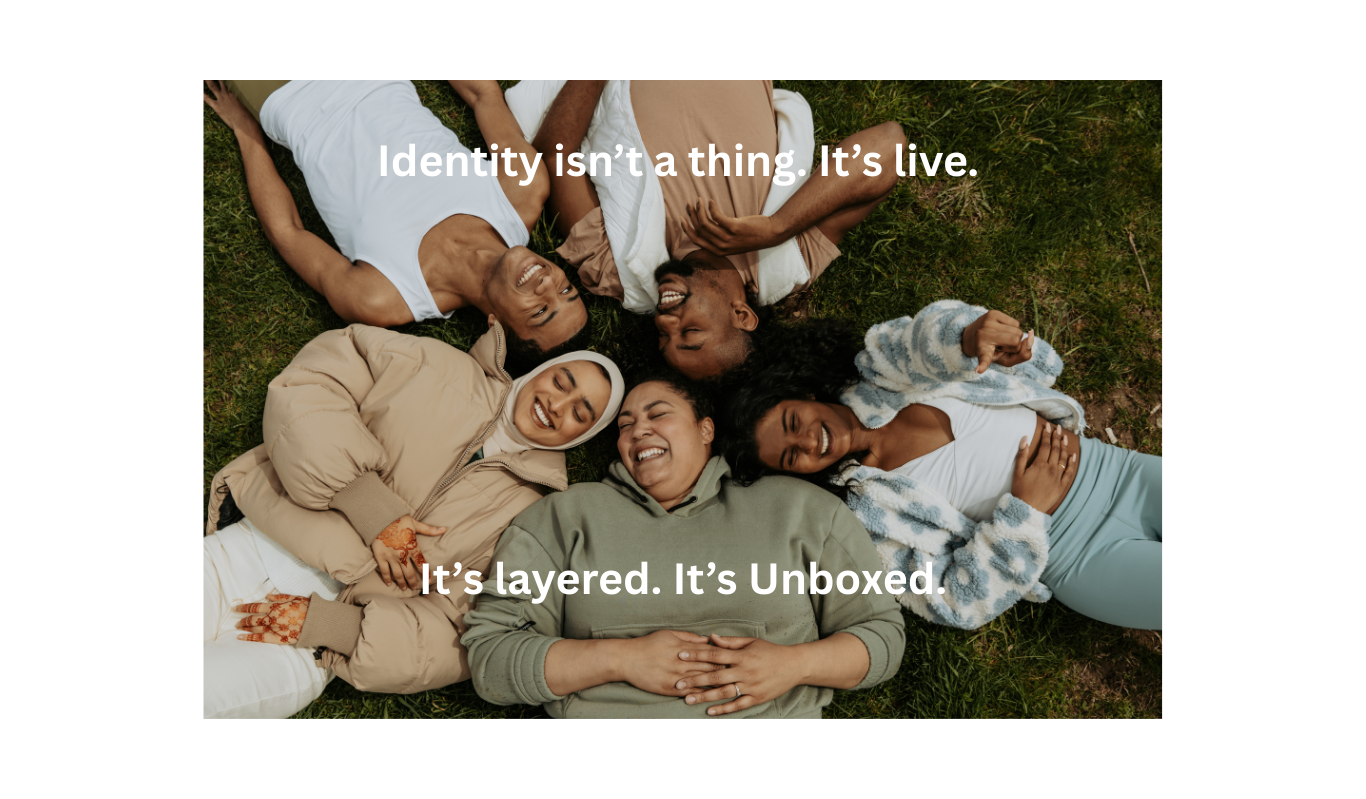Why DEI Matters to Me
Diversity, equity, and inclusion aren’t just ideals I talk about—they are realities I’ve lived without, and necessities I refuse to go without again.
After more than two decades in social services, I’ve witnessed firsthand what happens when systems ignore the people they’re meant to serve. But I’ve also experienced what happens when workplaces ignore the people who keep them running. Glass ceilings, racial profiling, and inter-office politics aren’t just office issues—they’re deeply personal. They wear down your confidence, drain your peace of mind, and impact whether or not you even feel safe enough to show up.
I’ve been the one underestimated in the meeting. I’ve had to manage microaggressions between coffee breaks and deadlines. I’ve walked away from jobs carrying stress that didn’t belong to me—but still shaped how I showed up for my life and my family.
That’s why DEI matters to me. Because inclusion isn’t just about representation—it’s about the emotional, mental, and social health of real people. When workplaces aren’t inclusive, they don’t just miss out on talent—they harm people, and that harm travels home.
Today, I’m advocating for policies that reflect real lives—not just ideals. I build platforms that hold space for truth, complexity, and change. Because we all deserve to exist fully—not just at work, but in the world.
Living Out Loud: LGBTQI+ Identity & Experience
This section is for the ones still becoming. The ones still questioning. The ones who’ve known who they were all along—and the ones still trying to find the words.
It’s for anyone who has ever been asked to explain themselves, shrink themselves, or hide a part of who they are just to make others more comfortable.
I don’t believe in boxes. And I don’t believe your identity should have to fight for air.
I’ve been an ally to the LGBTQI+ community for a long time—and I became a family member by marriage. This space is personal for me. I’ve seen the beauty, the strength, the complexity, and the resilience of this community—and I’ve also seen the harm. The way people’s existence is politicized. The way love is questioned. The way visibility comes with risk, not just celebration.
That’s not okay with me. It’s never been.
This space is my way of helping shift the conversation—away from judgment and toward understanding. Away from fear and toward belonging. Away from silence and toward voice.
Whether you’re out loud or quietly figuring it out, this is a space for full stories—not just labels.
For chosen family. For first crushes and final straws. For gender euphoria, awkward conversations, and the joy that comes when you stop asking permission to be real.
This isn’t about fitting in. It’s about belonging. It’s about safety. It’s about wholeness. It’s about truth.
We talk about the messy, the beautiful, the brave, and the bittersweet. Because LGBTQI+ lives are not monolithic. They are layered, sacred, soft, loud, angry, funny, spiritual, sexual, and full of nuance.
Here, all of that is welcome. And always will be.
Why Write About Social Services
I didn’t learn about social services in a classroom—I was introduced to it through family. Foster care and adoption weren’t abstract terms to me growing up—they were present in the lives of family — cousins, and some friend. I witnessed, from a young age, what it looked like for children to navigate new homes, new families, and new systems. And even as a child, I felt something stir in me: a warmth. A responsibility. A quiet determination to help wherever I could.
That desire didn’t come from obligation. It came naturally. It matched my personality, my empathy, my curiosity—and my belief in community as a source of comfort and connection.
So I followed it. I studied human services, communications, and policy. I pursued a path that turned instinct into intention. I joined the system, hoping to make it better. I gave it my heart, my skills — my life. I showed up — not just professionally, but emotionally. I led teams, wrote policies, supported youth, trained others. And for a long time, the spirit of community that I always loved kept me rooted.
Until burnout introduced itself.
Until fatigue became too familiar.
Until I realized that the very system I believed in wasn’t built to return the kind of care it demands. And I learned something that every helper eventually has to: boundaries — they are survival.
That’s why I’m write about social services now.
Because this work is human work. Because social workers, case managers, frontline staff—we carry stories, and we have stories. Because the families we serve are layered, complex, and worthy of more than checkboxes and cold statistics. And because so many of us are holding it all with compassion, but without room to exhale.
I write to create that room.
For those who serve and those who are served. For those trying to navigate systems, and those trying to change them. For those who’ve stayed, those who’ve left, and those who are somewhere in between.
Because I know this world. I’ve walked alongside it, worked within it, and carried its weight home.
And I believe our stories—the full stories—deserve space to rise.
Your Story Belongs Here.
If you’ve worked in social services, received support, or simply have a story to share about navigating the system—your voice matters. We welcome reflections from every perspective.
Reach out via the Connect page or email us at connect@unboxedvoices.com to share your experience, contribute a piece, or just start a conversation.
Why Write About Mental Health, Wellness & Healing
Mental health is personal to me—because I’ve had to protect mine.
Like many of us in helping professions, I’ve spent years giving care, holding space, and staying strong. But somewhere along the way, I realized that resilience isn’t the same as rest—and surviving isn’t the same as healing. I learned how easy it is to make space for everyone else while abandoning your own need for peace, softness, or stillness.
I write about mental health and wellness because I’ve lived in the tension between wanting to help others and needing to recover myself. I know what it’s like to pour from an empty cup, to wake up tired in more ways than one, and to feel like wellness is something you encourage for others but can’t find for yourself.
This isn’t a space for toxic positivity or polished advice. It’s a space for truth—for honoring the good days, naming the hard ones, and finding language for what it means to maintain your peace when the world feels loud.
Healing is a journey. Rest is resistance. Boundaries are holy. And wellness isn’t one-size-fits-all.
This section is where we talk about that—openly, honestly, and without shame.
Because you deserve your wellness too. Not just as a reward for productivity—but as a right.
This space is offered with care.
My hope is that what you find here brings light to your questions, encouragement to your quiet moments, and validation to the emotions we’re often asked to tuck away.
Because our experiences—messy, beautiful, complex, and ever-evolving—are worthy of being seen, honored, and held.
Introducing Real Talk & Raw Reflections
This section is where the polished answers fall away—and the real stuff rises up.
We’re talking about the complicated relationships that shape us: the friends we outgrow, the lovers we keep too long or lose too soon, the coworkers who try us, the family that doesn’t always get it, and the inner voice we argue with when no one’s around. I’ve had whole conversations in my car trying to sort out where I’m going in life—mentally, emotionally, and literally. I’ve been the one singing out loud like the world was watching… because it was, and I didn’t care.
This space is for the truths that don’t fit neatly into Instagram captions, therapy scripts, or holiday dinner conversations.
It’s for the moments we carry quietly, and the ones we need to say out loud.
Because sometimes the movies lie, the books skip the messy chapters, and our parents only told us part of the story.
Doctors don’t always know. Friends don’t always ask. And we don’t always have the words.
But here, we’ll try.
Whether it’s healing, hurting, hoping, or just being human—let’s talk about it.





